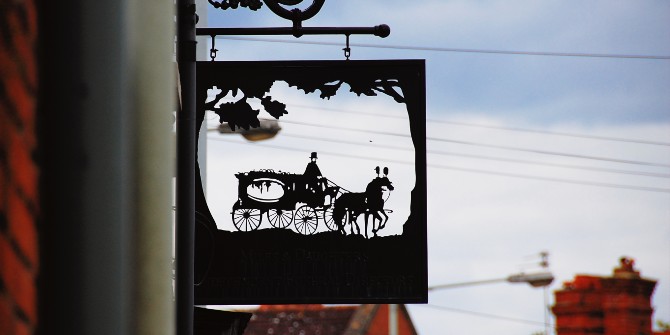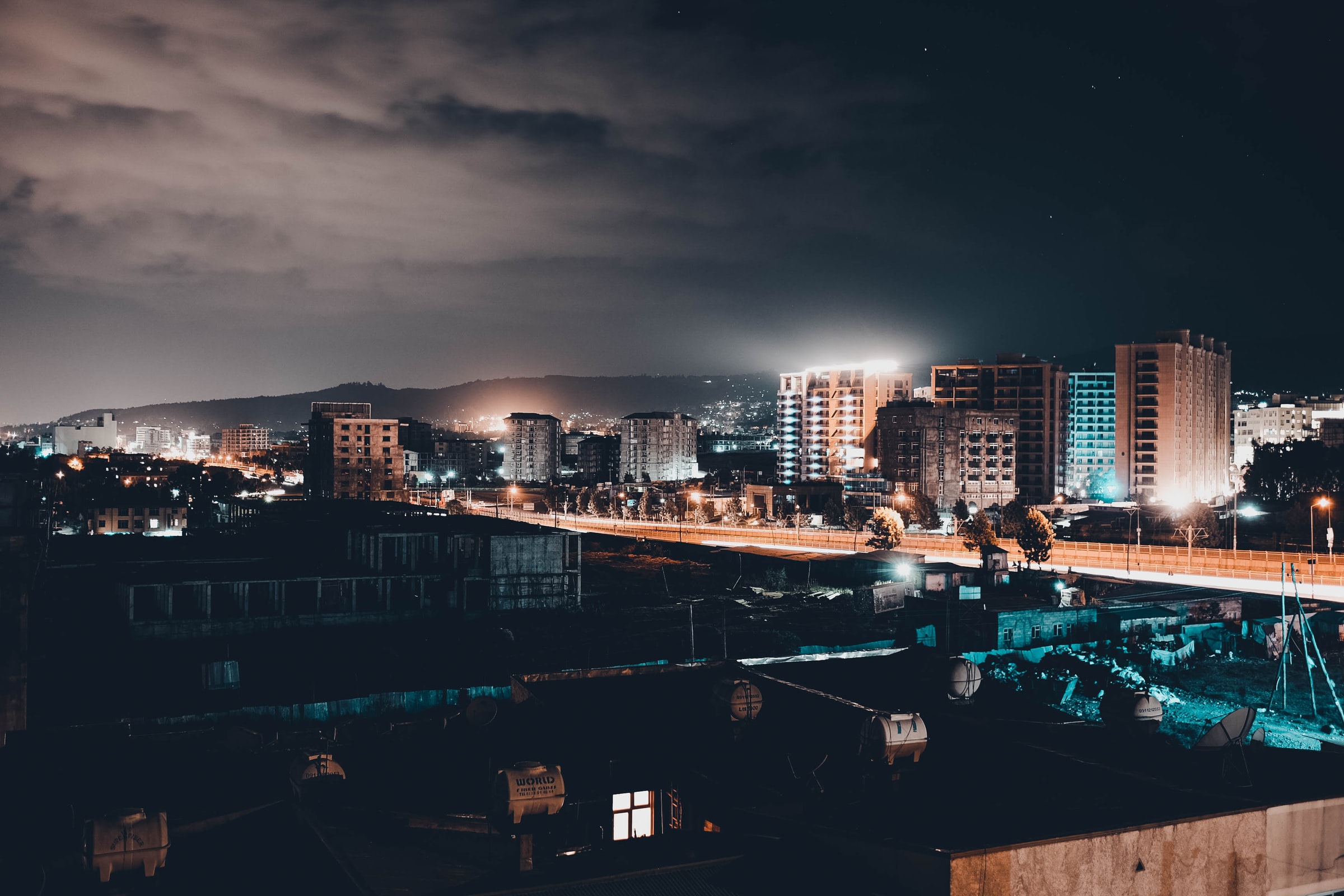We look back at the ways our community has met the moment, and often pulled together, during the COVID-19 pandemic.
Our faculty and PhD students have committed their time and expertise to responding to the pandemic: contributing to parliamentary reports, writing journal articles, speaking to the press, and publishing posts in the School’s COVID-19 blog. All of these contributions have helped to expand our knowledge, and shaped the discussion around COVID-19.
All of these contributions have helped to expand our knowledge, and shaped the discussion around COVID-19.
In the early days of the pandemic, Dr Tristen Naylor and Dr Katharine M Millar both contributed to a report by the Parliamentary Office of Science and Technology on International affairs and COVID-19. This report gave parliamentarians an insight into concerns around international cooperation and economic, trade and developmental concerns during the pandemic.
In October, Dr Katharine Millar, Dr Yuna Han and Dr Martin Bayly – with PhD candidates Katharina Kuhn and Irene Morlino – published their report, Confronting the COVID-19 Pandemic: Grief, Loss, and Social Order. This report reflected on the first seven months of the pandemic, and on the 1918-19 influenza epidemic, calling for better public commemoration of casualties of COVID-19 to improve our ability to respond to future waves and pandemics.
Dr Sophie T Rosenberg wrote a chapter on the US response to COVID-19 in an Oxford University Bonavero Institute of Human Rights report into human rights and rule of law dimensions of the response to the COVID-19 pandemic.
Looking to the future, Dr Tristen Naylor considered the long-term implications of ‘digital diplomacy’ in an article examining the move of summit diplomacy online in the COVID-19 era, with specific reference to the March 2020 G20 Summit. You can read All That’s Lost: The Hollowing of Summit Diplomacy in a Socially Distanced World in The Hague Journal of Diplomacy. You can also watch his 10-minute video on What is the Future of Diplomacy? from the LSE Festival.
Aside from our research community, our students have also responded to the pandemic in the past year, with many volunteering and organising for various causes throughout 2020 and 2021.
Our students have also responded to the pandemic in the past year, with many volunteering and organising for various causes throughout 2020 and 2021.
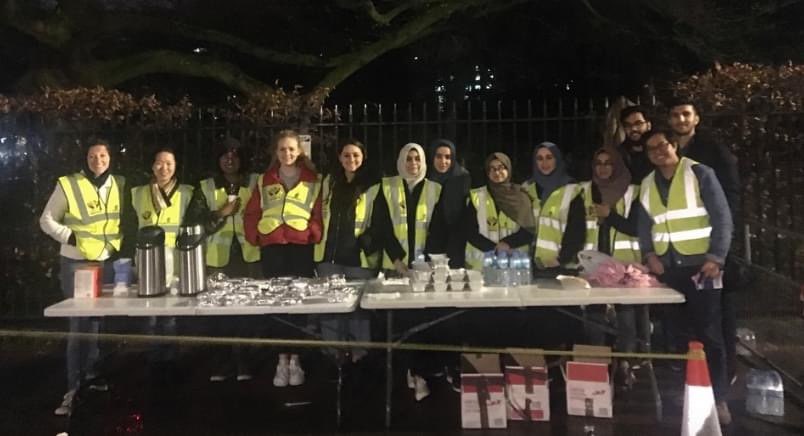
Three of our undergraduate students – Alex Lashley, Aminah Nihal and Emily Otvos – were recognised in the LSE Volunteering Awards for their commitment to service. Undergraduate student Rory Moore (BSc International Relations) – who set up coronavirus community volunteering network CCV Global – was also recognised by Prime Minister Boris Johnson and the UN for the impact of his work in response to the COVID-19 pandemic, and has since been asked to advise the UK government on its new volunteering strategy.
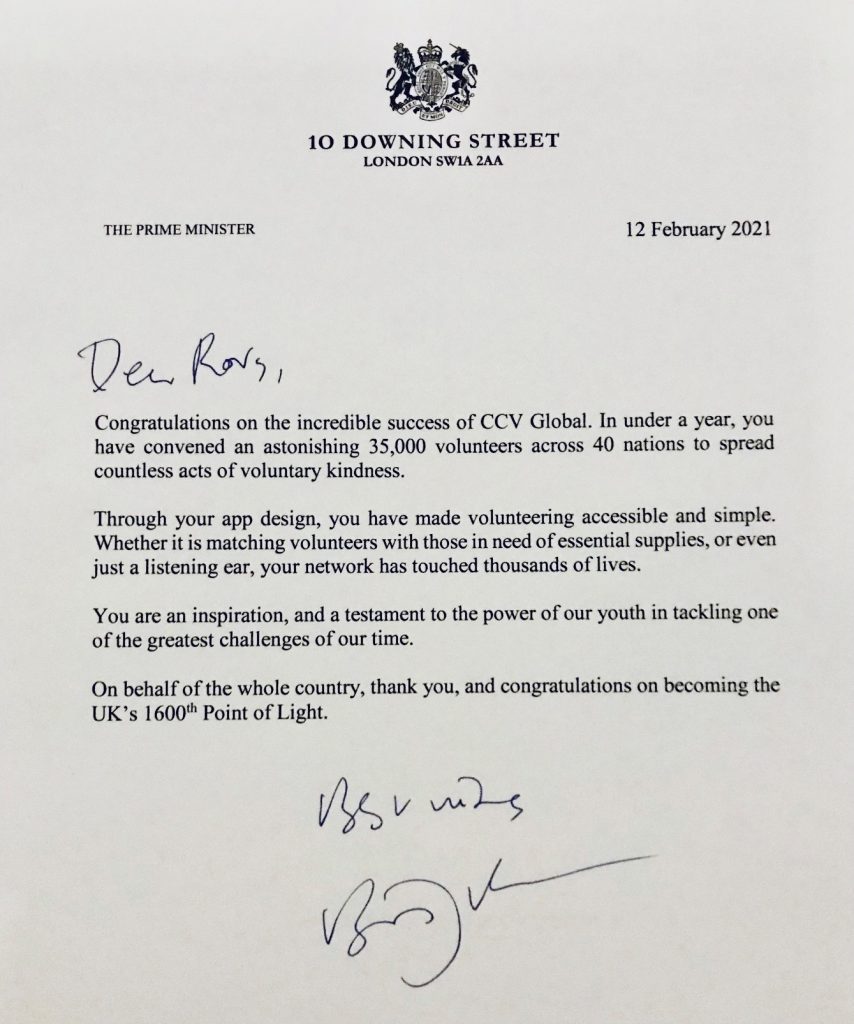
Our alumni community… have stepped in to share their experience with our students on multiple occasions
Finally, we have been grateful for our alumni community, who have stepped in to share their experience with our students on multiple occasions. They have offered guidance at themed career panels around communications, government, and NGOs, and provided insight into their own career paths in broader seminars about their experiences since graduating from the department.
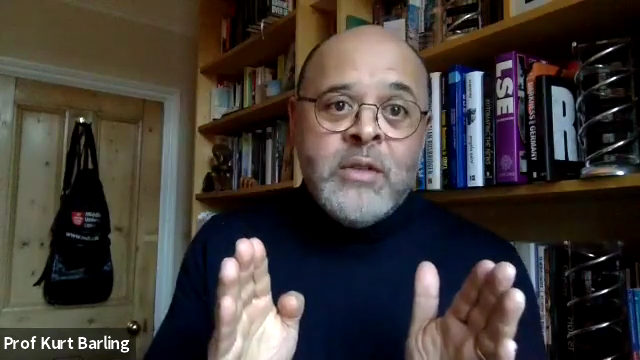
Twelve months on from the introduction of COVID-19 restrictions in the UK, we understand this year has posed numerous unique challenges to our community. However we want to recognise and highlight the broad range of research and community responses to these challenges that we have seen from our staff, student, and alumni community.


